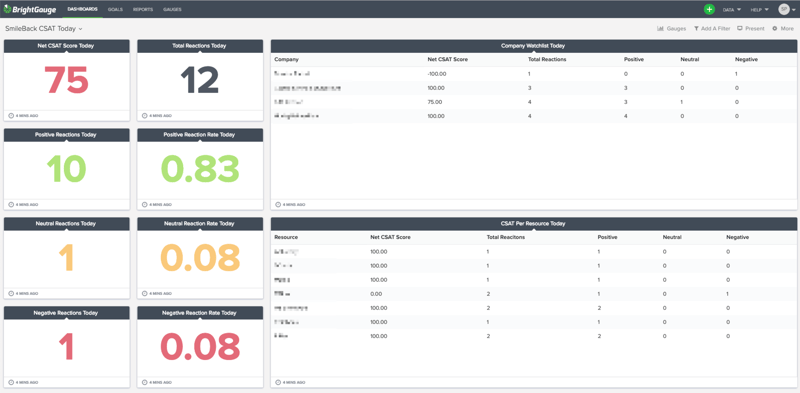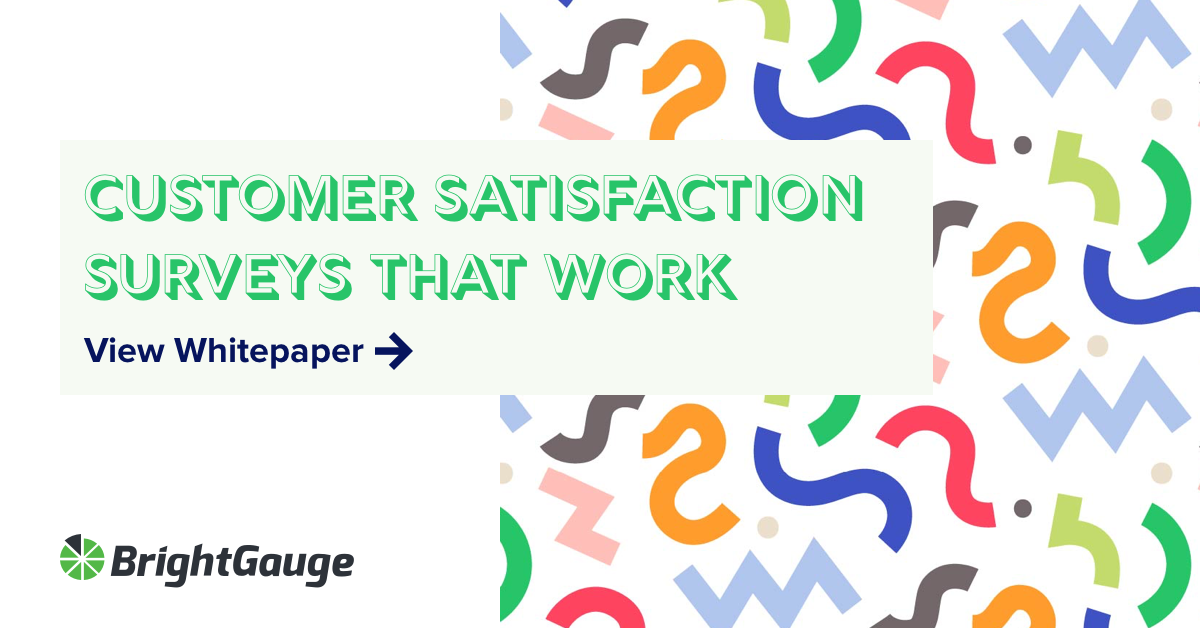Why Average Reviews Shouldn't be Ignored

‘Average’ – it’s a word that’s come to symbolize something bland, boring, or even sub-par. We are all taught to excel and be better than average.
Humans love extremes, including in online reviews. Why? Well the terrible reviews are insightful, and often amusing, while the great reviews warm your heart.
But there's an entire middle ground that's being forgotten - the people who leave average ratings, rather 'meh' smileys and more.
This silent majority is being ignored - and that's pretty dangerous. Because while it seems like a bunch of relatively average data, there are insights here to be discovered and leveraged. Ultimately, if we accept that all feedback is useful, then we have to treat all of this middle-ground feedback with the same respect.
But how do you do that? What lessons can be learned? And why are customer satisfaction surveys, even with lots of average ratings, still incredibly useful to your business?
It pays to be transparent
Customers place a really high value on transparency. They like to be kept in the loop and know what to expect. Transparency breeds trust, which leads to loyalty and repeat customers. The stats prove it too - 77% of customers would recommend a business to a friend based on their positive experience.
Businesses that don’t fully acknowledge or value each of their client’s voices are not being fully transparent, as there’s insight to be gained and importance in every customer’s opinion.
Whether it’s understanding that a necessary change in processes is due, or an indication of something that’s working and needs to keep going, reviews provide a perfect opportunity to get close to customers and address their pain points. Customers simply want good, open service - research shows 66% of consumers who switched brands did so because of poor service.
So when taken as constructive criticism, all reviews can ultimately help a business become better and more successful.
Plus, businesses that place a big emphasis on customer service and make great efforts to gain their client’s feedback prove that they prioritize their customer’s needs.
Asking for a customer’s review isn’t an annoying business practice. Quite the opposite - asking for feedback says, “are we doing a good job of meeting your needs? What can we be doing better? How can we help you get what you need more efficiently?”
At the end of the day, emphasizing customer reviews shows that you are authentic and that you care, and people ultimately want businesses like that in their corner. After all, people don’t buy products, they buy better customer experiences.
Your best offense and defense
Providing thorough customer service gives you the unique opportunity to be in the frontlines, so to speak.
It’s not possible to reach every single person that comes into contact with your product or service, but it’s worth making an effort to reach as many as possible and speak directly to them.
Customer support is both your best offense and your best defense: it tells you what areas need improvement, how your customers are using your product, and what is working well.
Without insights like these, you’re essentially just making a product for yourself instead of understanding what you could be doing to make a difference in your customer’s lives.
When you make yourself available to customers, it’s a chance to address their concerns (or praises) directly instead of letting their feedback get lost in the cloud. You’re able to provide a personal experience, get specific in your explanations, and understand your customer’s journey from their perspective.
Pay attention to customer service comments
Naturally, everyone gets a kick out of a really stellar review. As humans, it makes us feel validated and gives our ego a nice boost. Who doesn’t want to hear that they’re hitting it way out of the park?
The problem with these stellar reviews is that they’re usually the exception, not the norm. While they should certainly be appreciated, they shouldn’t be the standard.
The real gold and the real learnings lie in average reviews. And again, why does average have to be synonymous with bad?
If you’re consistently providing average service, it means you’re doing okay. You’re not doing anything terrible and offensive, but you could stand to improve a bit.
The comments in these average reviews can teach you a whole lot.
Customers may say, “These guys are always consistent, but I wish they would X, Y, Z…” or “I give my experience 3 stars, but had they tweaked this one thing slightly, I would have easily given them 5 stars.”
That kind of feedback is incredibly valuable and can literally tell you what you need to do to kick things up a notch.
Don’t ignore average reviews just because they don’t warm your heart the way those exceptional ones do. Doing so can lead to huge missed opportunities.
How to evaluate your customer experiences
Understanding the value of each review is just the first step in the process. Mining for that data is equally important.
You’re likely relying on a tool like SmileBack to help you gather your customer feedback, which is a good move because it’s smart to be methodical and accurate with information this important.
But how do you keep track of all those survey responses and the insights they provide?
Pairing SmileBack with BrightGauge has proven to be a valuable way to slice and dice CSAT data.

BrightGauge dashboards show your CSAT data in real-time, as it’s happening. You gain visibility into your average scores, your number of negative or neutral or positive reactions, your reactions per technician on your team, and so on.
With BrightGauge, you can set up audible and visible alerts if your scores fall below a specified number, so you can take course corrective action immediately.
According to Zendesk research, 89% of support teams already use some kind of integration. High-performing companies use a third more on average.
The lesson: get involved, have the ability to be proactive about your customer service, and be sharper in your customer experience.
Conclusion
In sum, the most important thing about customer feedback is that you place high value on every single piece of feedback you receive. Be deliberate about the way you digest these reviews. Looking at them from a constructive point of view will help you run a better business and will help you give your customers what they want.
Happy customers who feel like they are being heard - even if what they are saying is considered ‘average’ - are more likely to stick with you. So, it really pays to pay attention.
For more on CSAT feedback that'll get you results, download our whitepaper, 'Customer Satisfaction Surveys That Work'.
Ashley Scrace Wendel is the Marketing Manager at SmileBack. Now based in Berlin, Germany, Ashley is a comms pro, with experience from startups and international brands across Europe. If he’s not helping SmileBack with their communication efforts, he’s playing the guitar, singing, podcasting, or enjoying a new travel destination. Connect with Ashley on LinkedIn.
Free MSA Template
Whether you’re planning your first managed services agreement, or you’re ready to overhaul your existing version, we've got you covered!



